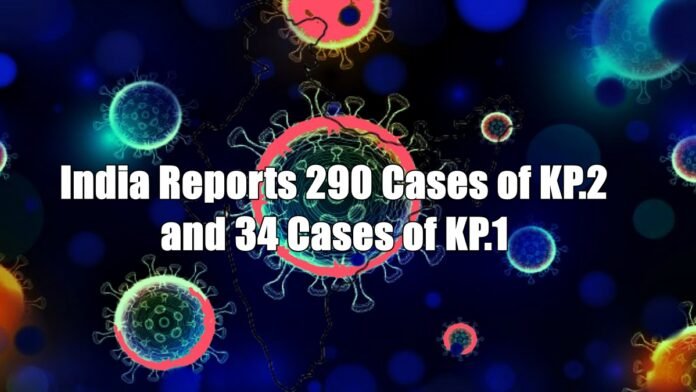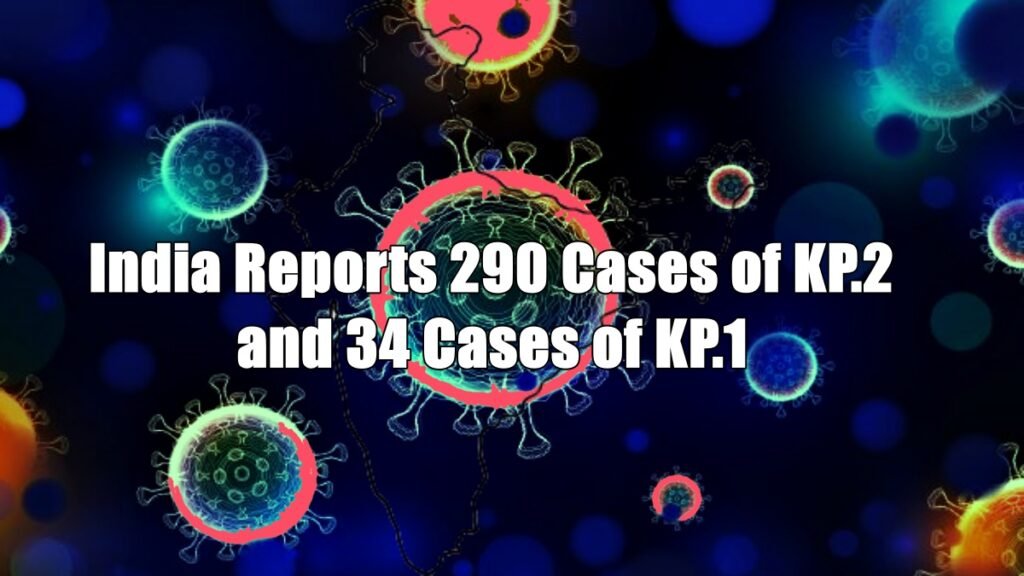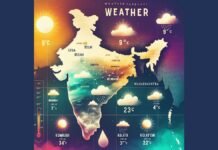
New Delhi: According to official data, India has confirmed 290 cases of the KP.2 sub-form and 34 cases of the KP.1 sub-form of COVID-19. These variants have been linked to the recent surge in infection cases in Singapore. However, sources from the Union Health Ministry clarified that both KP.2 and KP.1 are sub-types of the JN1 variant and are not associated with increased hospitalization or severe illness.
Understanding the Variants:
- KP.2 (JN.1.11.1.2) Variant:
- KP.2 is a descendant of the JN.1 variant, characterized by specific mutations in the spike protein (S). Notably, it carries the S:R346T and S:F456L substitutions, making it more adept at evading immunity. Compared to the JN.1 variant, KP.2 is slightly more infectious.
- India has reported a total of 290 cases of the KP.2 variant, with Maharashtra alone accounting for 148 cases. Other states and union territories affected include Delhi, Goa, Gujarat, Haryana, Karnataka, Madhya Pradesh, Odisha, Rajasthan, Uttar Pradesh, Uttarakhand, and West Bengal.
- KP.1 Variant:
- KP.1 is another sub-form of the JN1 variant. India has recorded 34 cases of KP.1 across seven states and union territories. West Bengal reported the highest number of cases (23), followed by Goa, Gujarat, Haryana, Maharashtra, Rajasthan, and Uttarakhand.
No Cause for Panic:
- The Union Health Ministry emphasizes that there is no reason for concern or panic. Viruses like SARS-CoV2 naturally undergo rapid mutations, and the emergence of sub-lineages is expected. The Indian SARS-CoV-2 Consortium on Genomics (INSCOG) closely monitors these variants and systematically collects samples from hospitals to assess disease severity.

Singapore’s COVID-19 Wave:
- Singapore has witnessed a surge in cases, with more than 25,900 infections reported between May 5 and 11. KP.1 and KP.2 variants account for over two-thirds of these cases. Globally, the predominant variants remain JN.1 and its sub-lineages, including KP.1 and KP.2.
Advertisement





















































